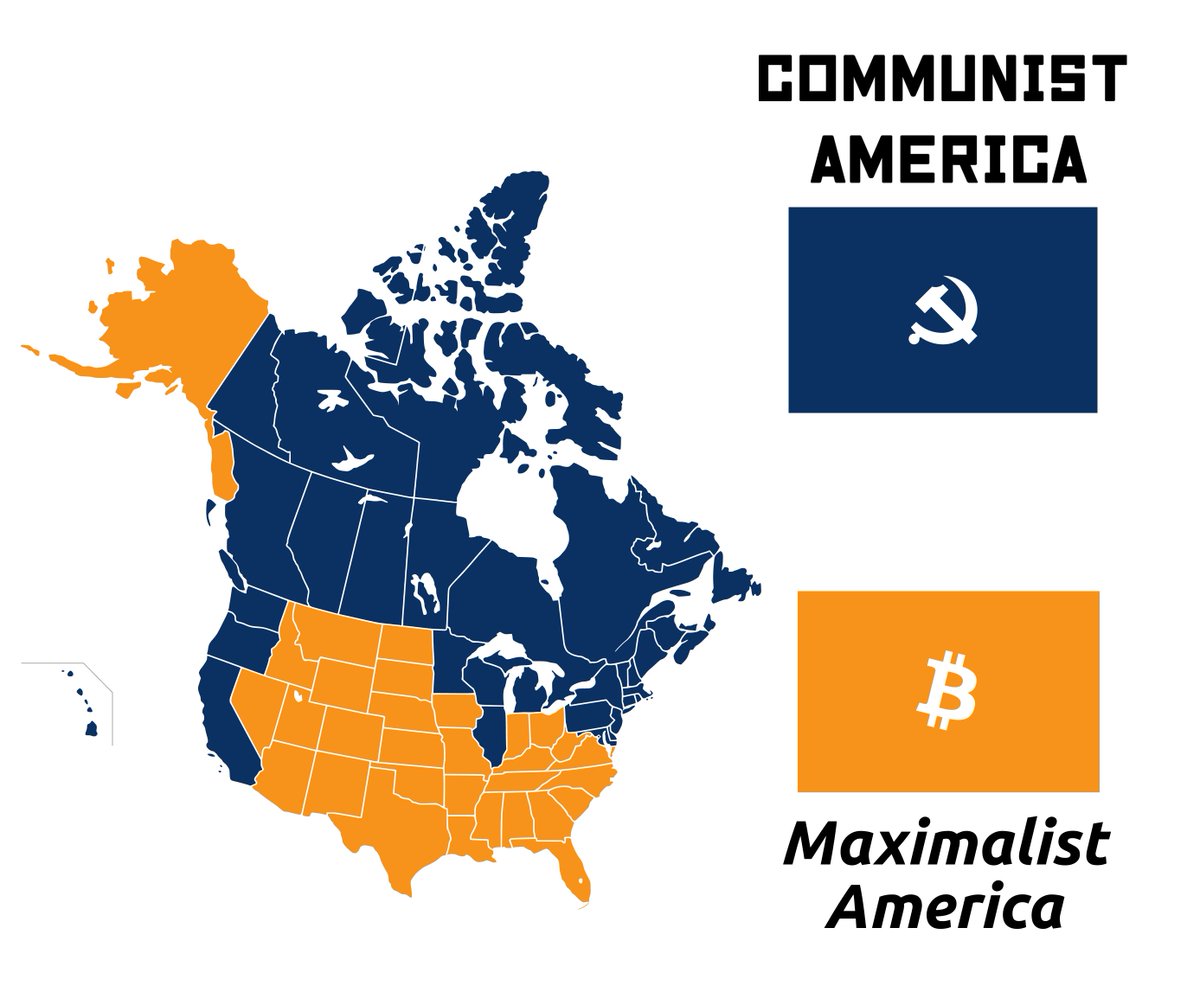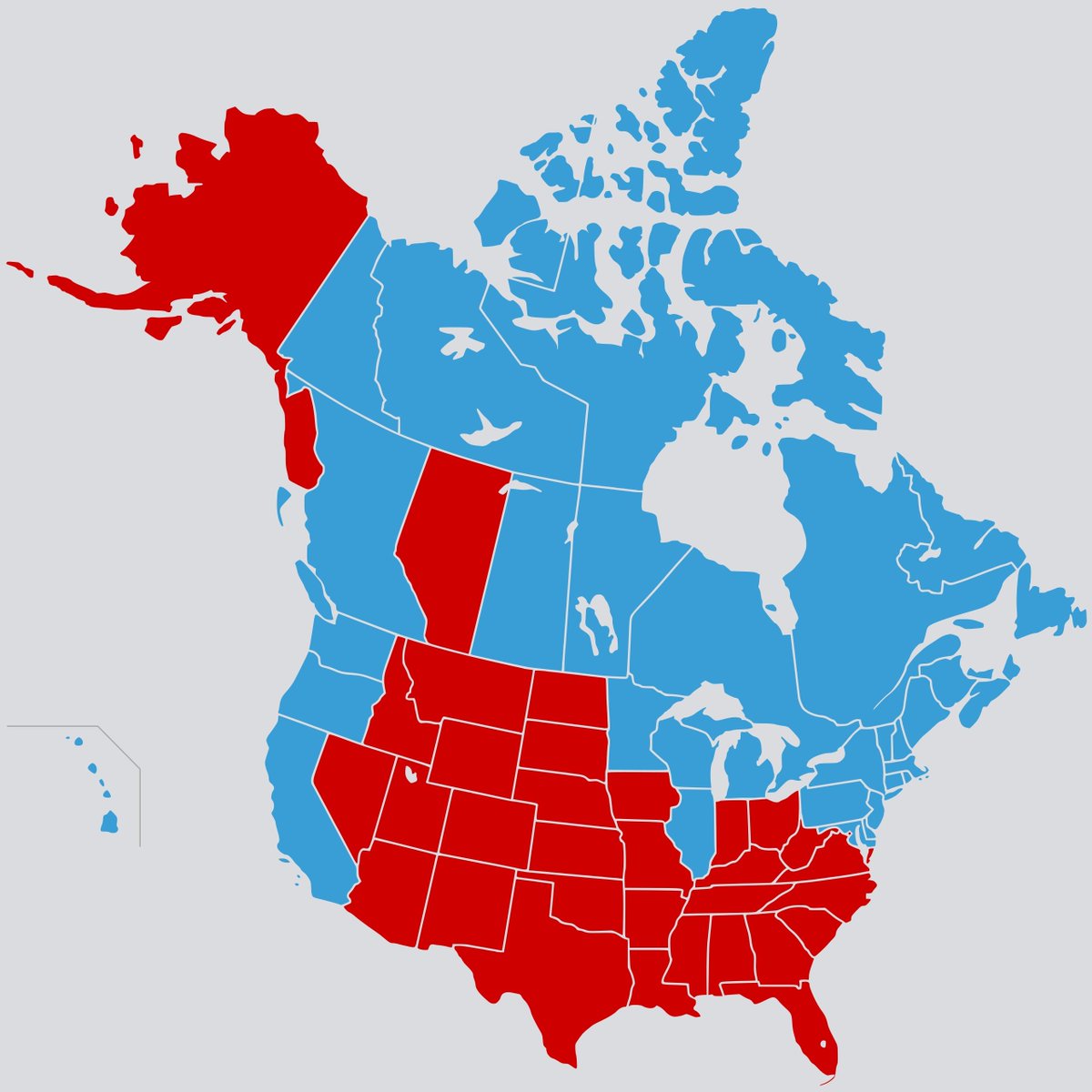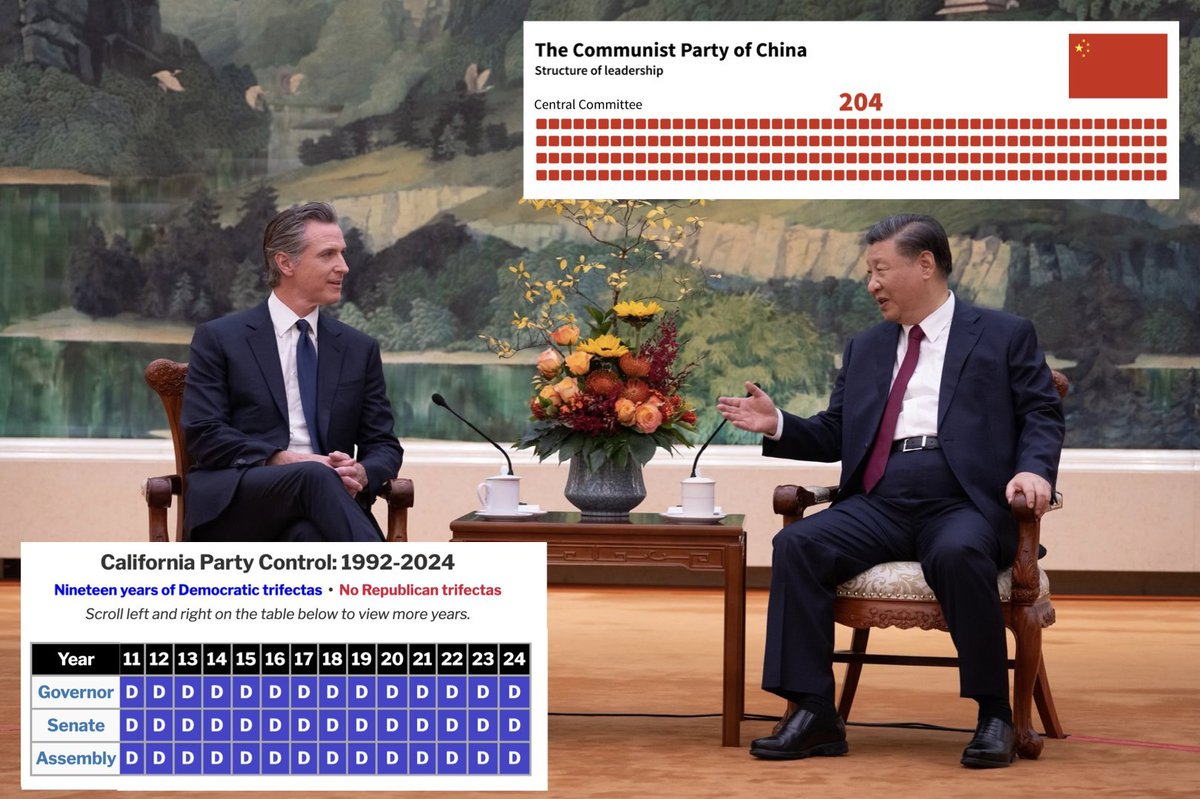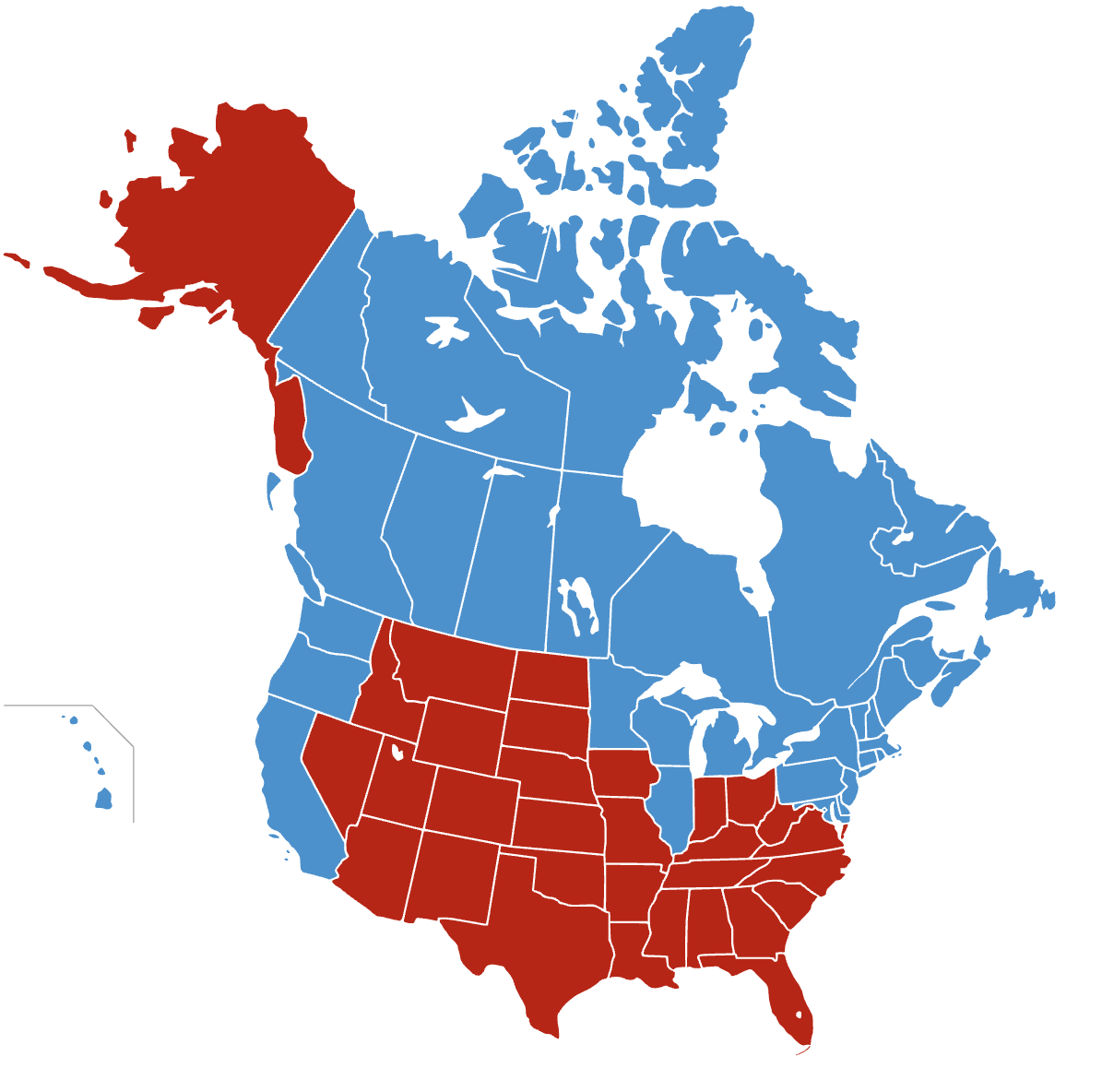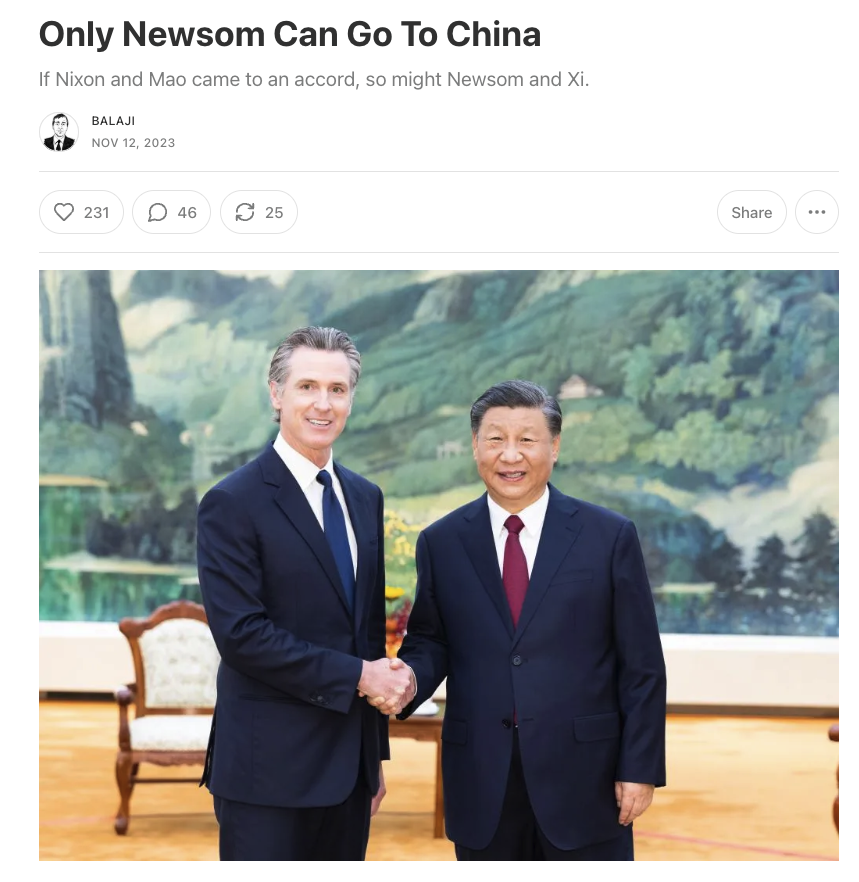Read-only culture
Suppose you were raised in a religious household, but didn't practice yourself. Growing up with these civilizational scripts means you can recognize them, perhaps repeat them, but cannot write them from scratch, let alone explain them.
So too for a society.
Suppose you were raised in a religious household, but didn't practice yourself. Growing up with these civilizational scripts means you can recognize them, perhaps repeat them, but cannot write them from scratch, let alone explain them.
So too for a society.
This is similar to partial bilingualism: the ability to understand a language, but not speak or write it. Common among children of immigrants.
If children can't write the scripts of the parents, if their access to ancestral culture is read-only, that culture won't be replicated.
If children can't write the scripts of the parents, if their access to ancestral culture is read-only, that culture won't be replicated.
This is a microeconomic explanation for how Idiocracy happens slowly. You think the cultural capacity is there because the artifacts are all around. But the culture producers are actually slowly vanishing, and their descendants can only repeat, not create. motherjones.com/politics/2009/… 

It's the difference between stock & flow. If new books aren't being written in a language, if new people aren't being trained in manufacturing, the flow has been cut off. The culture that surrounds us is then just the stock, and it's being depleted without anyone to replenish it.
What this suggests is that the civilizational equivalent of being able to code from scratch is more important than realized. It's not enough to simply push a button. We need to be able to rebuild from scratch *simply to continue* as a civilization, else maintenance is impossible.
Of relevance is this excellent post on how YouTube specifically (and online video generally) is enabling tacit knowledge transfer.
medium.com/@samo.burja/th…
medium.com/@samo.burja/th…
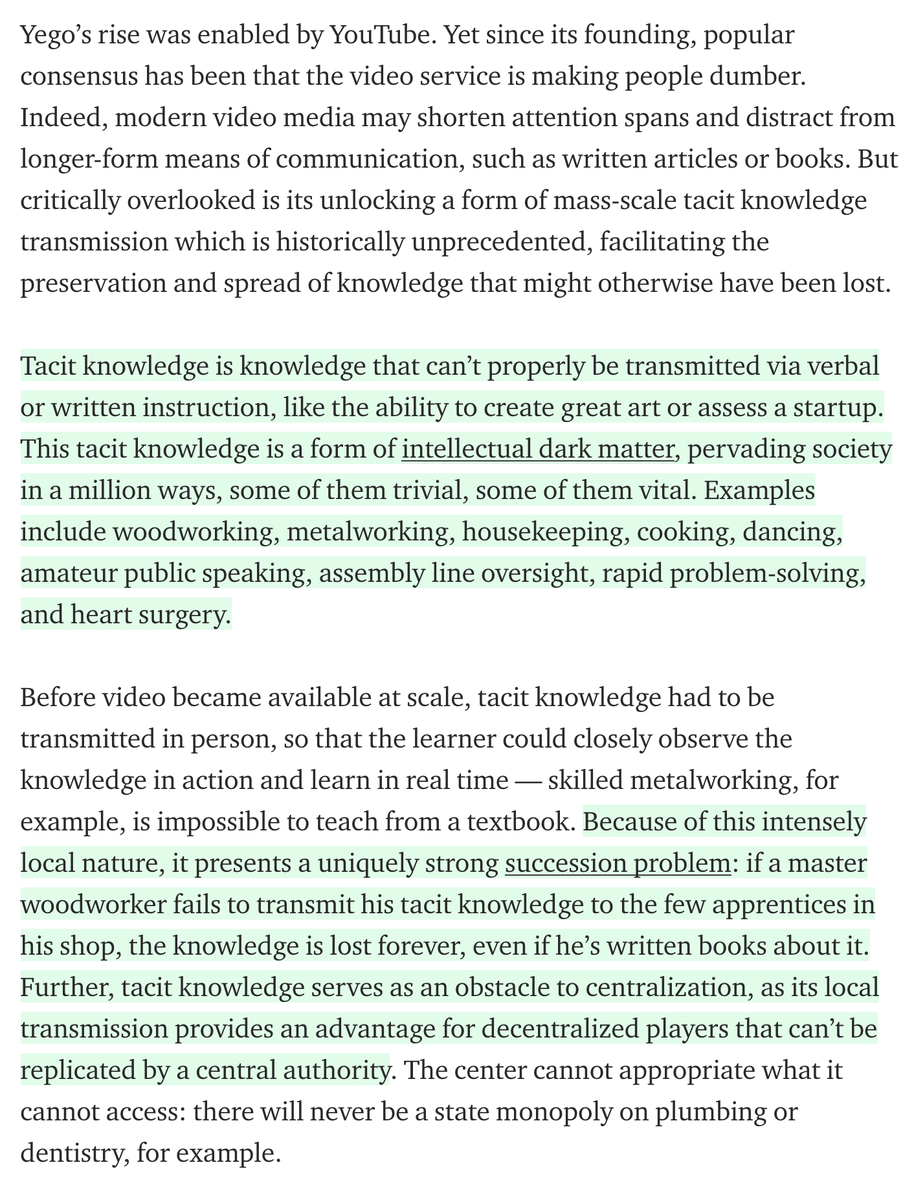
Reproducible research is also a critical piece of the puzzle. New grad students can be onboarded by just recursively descending into function calls till they hit original citations. Jon Claerbout deserves some kind of prize for founding the discipline.
library.seg.org/doi/epdfplus/1…
library.seg.org/doi/epdfplus/1…
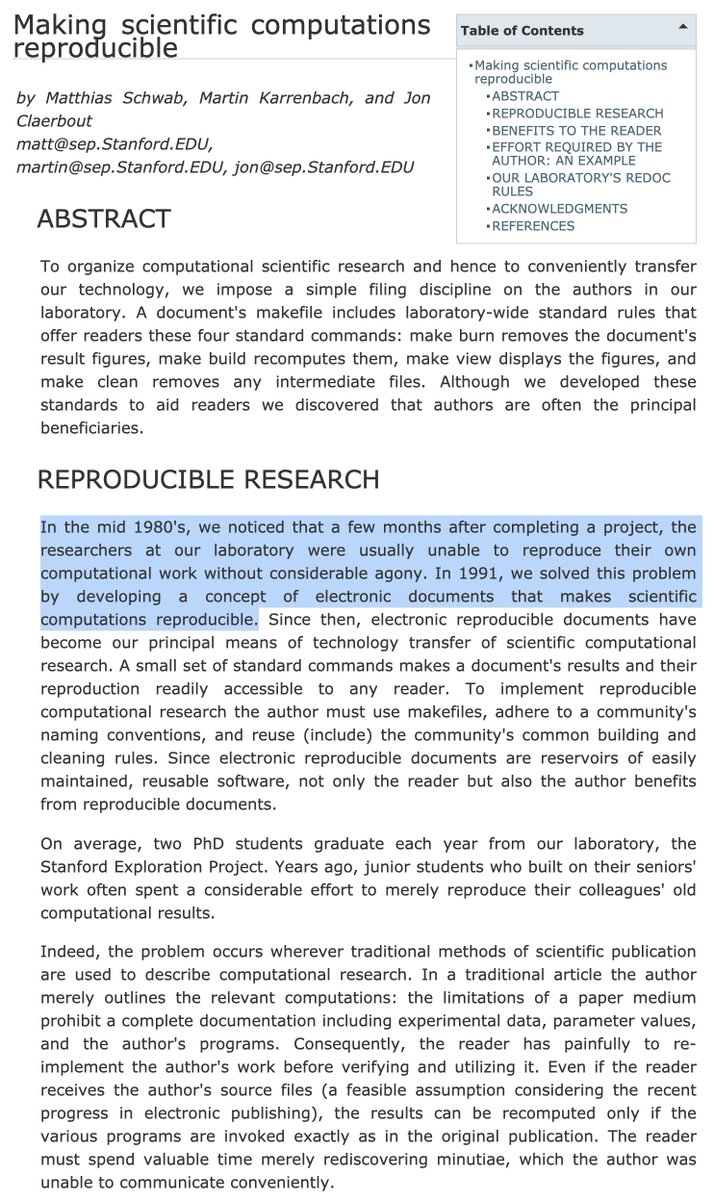
• • •
Missing some Tweet in this thread? You can try to
force a refresh




